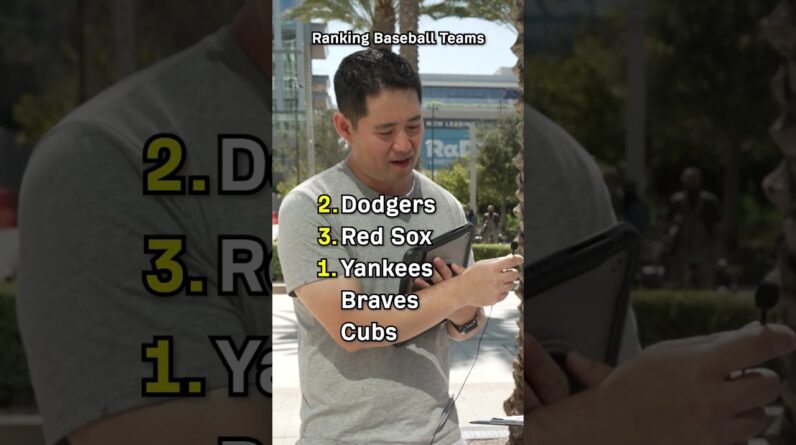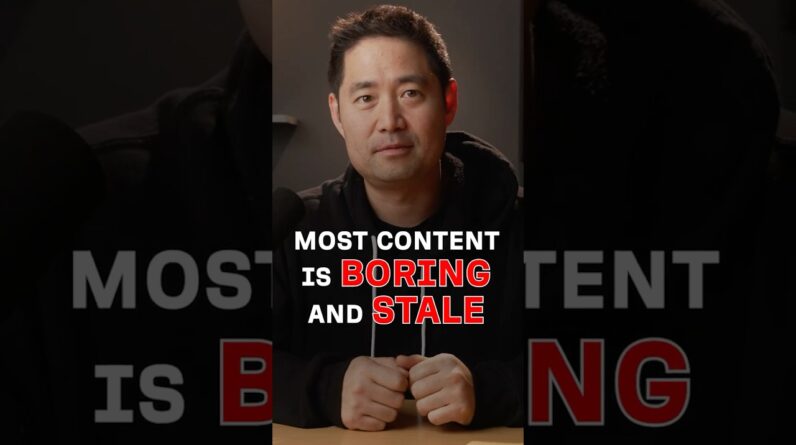
When it comes to removing pages from search engines, it is essential to follow the right steps to ensure that unwanted content does not appear in search results. In this blog post, you will find a comprehensive guide on how to effectively remove pages from search engines and maintain the online presence you desire.
How to Remove Pages from Search Engines
Introduction
In the vast expanse of the internet, not every page we create is meant to stay forever. Whether it’s outdated information, sensitive content, or simply a page created in error, knowing how to remove pages from search engines can be a valuable skill. In this article, we will explore effective methods to ensure your unwanted pages disappear from search engine results.
Check if the Page is Indexed
Before diving into removal methods, it’s crucial to determine if the page is indexed by search engines. You can use the Site Colon Method by typing “site:” followed by the URL of the page in the search bar. Alternatively, Google’s URL Inspection Tool provides detailed information on a specific URL’s indexing status.
Utilize URL Removal Tool/Block URL
If you discover that the page is indexed and you want it gone promptly, utilizing Google’s URL Removal Tool or Bing’s Block URL feature can expedite the removal process. These tools notify search engines to remove the specified page from their indexes.
Use Robots.txt
To prevent search engines from crawling specific pages altogether, consider editing your website’s Robots.txt file. By blocking the URL of the page in this file, you can effectively instruct search engine robots not to index the content.
Implement No Index Meta Tag
For a more precise approach, implementing a No Index Meta Tag in the HTML of the page can instruct search engines not to index the content. This method gives you control over individual pages without affecting the entire site’s indexing.
Delete Content/Set Page to Private
If you have complete control over the page, consider deleting the content entirely or setting the page to private. Removing the content eliminates the need for search engines to index it, ensuring it vanishes from search results.
Options for Non-Website Owners
In cases where you do not own the website hosting the page, your options may be limited. However, reaching out to the website owner or webmaster to request removal can be a viable approach. Additionally, reporting sensitive or incorrect content to search engines can prompt them to take action.
Additional Resources for Robots.txt
Understanding the intricacies of the Robots.txt file can further enhance your ability to control what search engines index. Online resources and tools can assist in editing Robots.txt efficiently, ensuring your directives are accurately communicated to search engine robots.
Conclusion
Knowing how to remove pages from search engines is an essential skill for managing online content effectively. By employing the methods discussed in this article, you can maintain control over your online presence and ensure that only relevant and up-to-date information appears in search engine results.
FAQs
- How long does it take for a removed page to disappear from search engine results?
- Can I remove multiple pages simultaneously using URL removal tools?
- What should I do if a removed page reappears in search engine results?
- Are there any risks associated with using No Index Meta Tags on pages?
- Is it possible to remove pages from search engines permanently?





